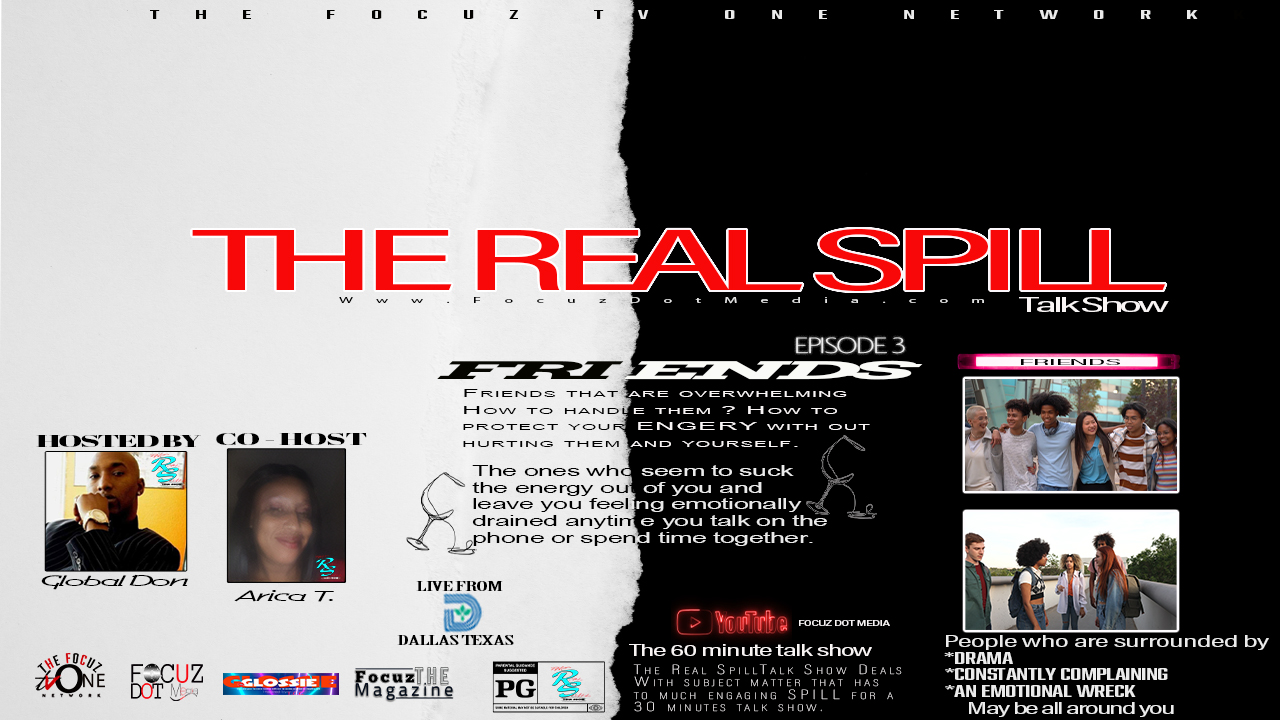
Episode 3 of The Real Spill Talk Show hosted by Global Don with Co-Host Arica T. Discover the ins and outs of friendships with Global Don on The Real Spill Talk Show. Learn to identify real friends and manage overwhelming relationships on The Focuz TV One Network! A Friend: One bound to another by affection or esteem; an acquaintance; one who is not hostile; someone who supports or advocates for friendship. Indicators of Emotionally Draining Friendships:
- Feeling depleted or exhausted after spending time together
- Regularly experiencing unhappiness, anxiety, or stress in their presence
- The friendship feels one-sided, with the friend reaching out mainly when they need support
- Conversations often have a negative or critical tone
- Feeling undervalued, not listened to, or emotionally drained
Steps to Assess the Friendship:
- Reflect on your emotions: Notice how you feel before, during, and after spending time together.
- Establish boundaries: Set limits to safeguard your time and emotional energy.
- Communicate honestly: Share your concerns and needs with your friend.
- Seek support: Talk about your experiences with trusted friends, family, or a therapist.
- Consider taking space: Temporarily distance yourself or reassess the friendship’s role in your life.
Prioritizing Mental Health:
- Cultivate positive relationships.
- Dedicate time to self-care and activities that reduce stress.
- Be assertive and put your own needs first.
Ways to deal with an overbearing friend
There’s a reason we love our friends so much. Friendships aren’t just about having a fun crew to hang out with on the weekends; they’re a hugely important part of our health and well-being.
“Healthy friendships are important at every age,” says Dr. Marjorie Hogan, a board-certified pediatrician in adolescent medicine in Minnesota. Why? Your mental, emotional, and physical health are all related, she explains. “Strong friendships lead to positive mental and emotional health, providing acceptance, mutual affection, trust, respect, and fun.”
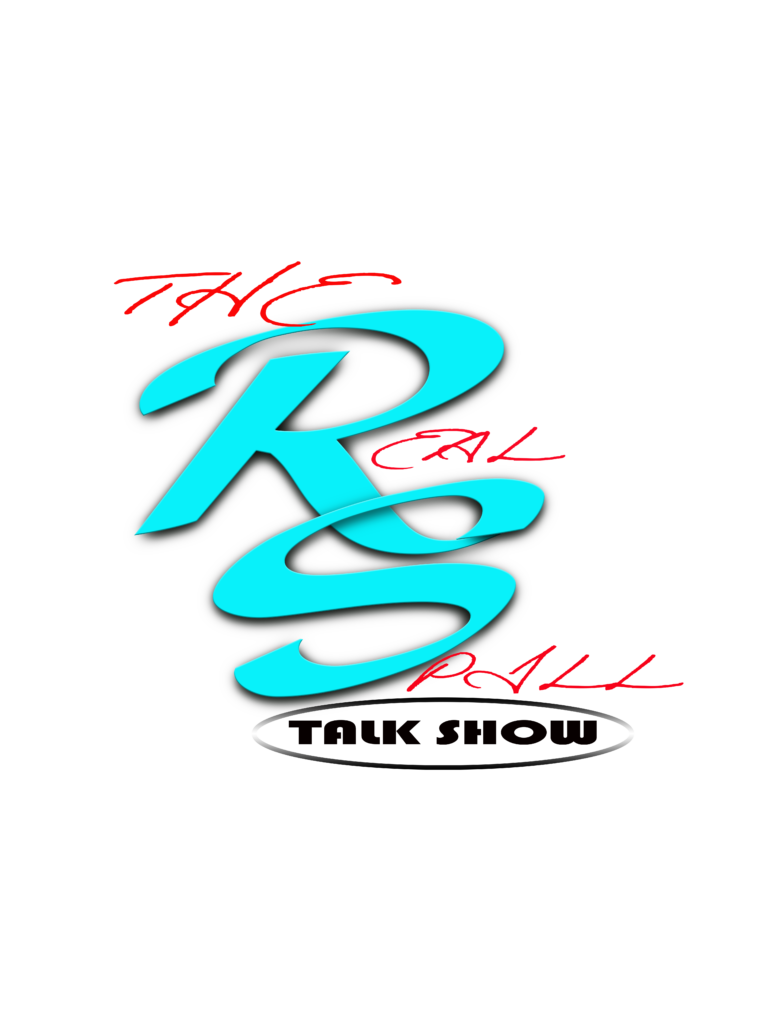
But as powerful as a healthy friendship can be, the flip side is also true: Certain friendships can be mentally and emotionally draining if they become too much. For example, the friend who gets weirdly jealous or possessive when you spend time with another friend, or the roommate who constantly wants to confide in you but never listens when you need to vent about something. These overbearing friendships can take a toll on your happiness and emotional health.

Good friendships gone bad
Clearly, relationships are important, but what can we do when they go awry? More than half of students who responded to a recent CampusWell survey said they’ve experienced an overbearing or unhealthy friendship.
Students in our survey shared stories about what made their friendships turn sour (e.g., friends who made the relationship all about them, acted jealous of other friend groups, were too nosy about things they didn’t want to share, refused to take responsibility, drained their emotional energy, or acted controlling).

If you’re wondering whether you might be dealing with an overbearing or unhealthy friendship, think about how you feel when you’re with this person. “The first thing you should ask is how do you feel when you’re with this friend?” says Dr. Jacobs. If the answer is anything negative—stressed, anxious, annoyed, guilty, exhausted, not good enough, stupid, ugly, ashamed—that’s a red flag.
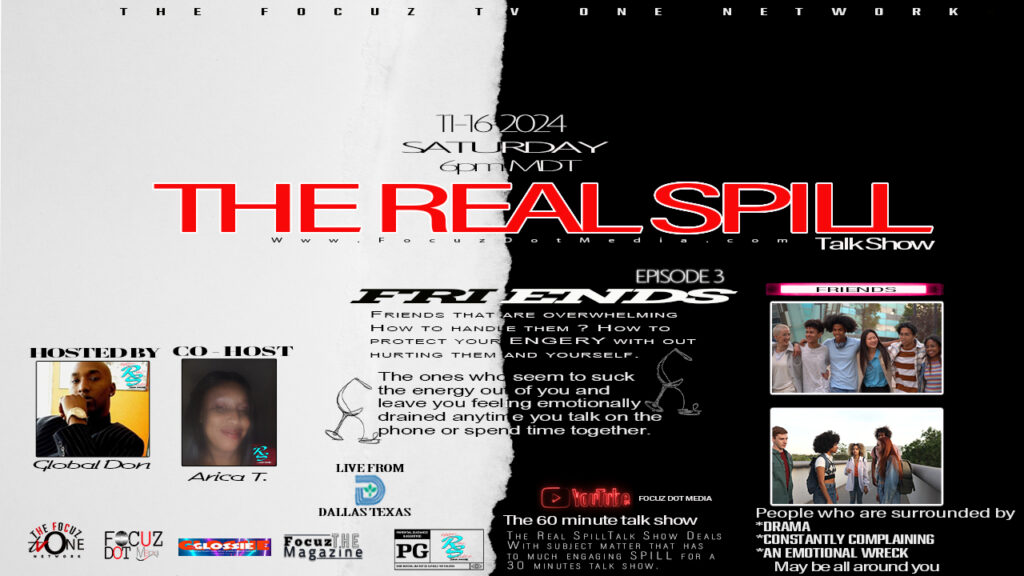

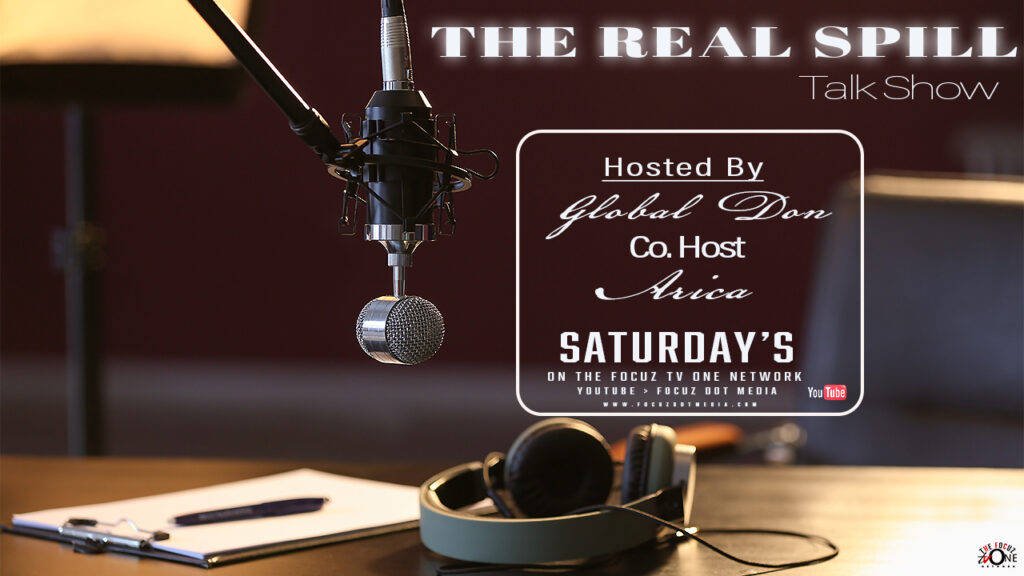
STAY TUNED FOR – WWW.THEREALSPILLTALKSHOW.COM


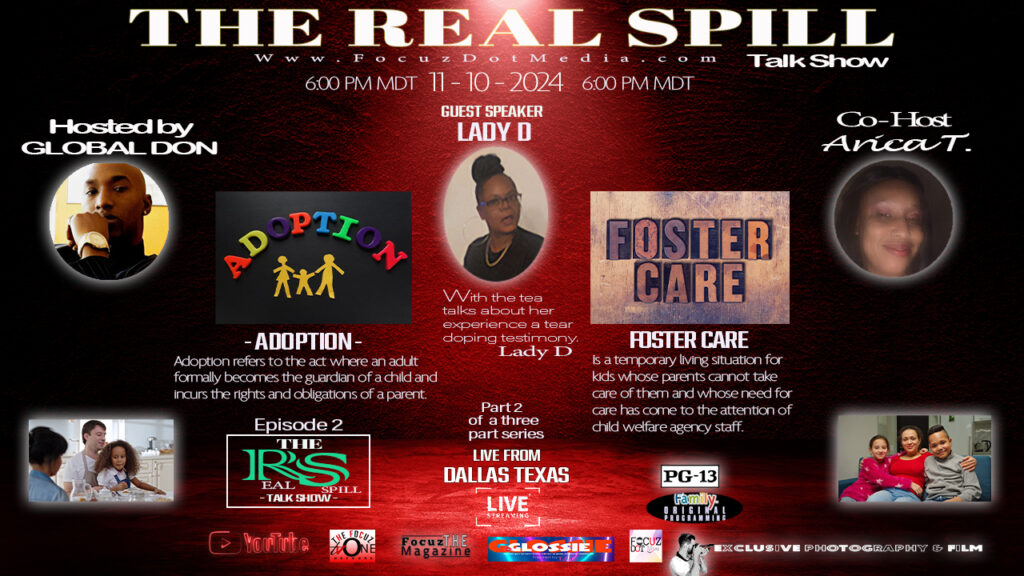
THE FOCUZ TV ONE NETWORK

SNAXZ REVIEWS With TRIN
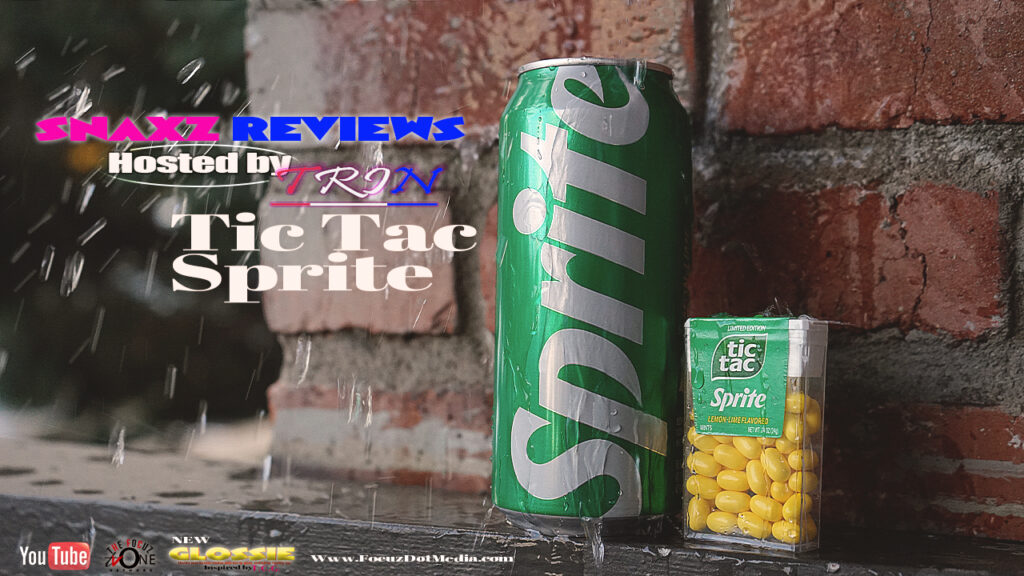





 The Force Awakens: Aiden Anderson’s Rise in Dallas Amateur Boxing
The Force Awakens: Aiden Anderson’s Rise in Dallas Amateur Boxing  Thomas Edward Patrick Brady Jr, Shedeur Sanders, Travis Hunter, Shilo Sanders, Jimmy Horn Jr, Global Don, and more
Thomas Edward Patrick Brady Jr, Shedeur Sanders, Travis Hunter, Shilo Sanders, Jimmy Horn Jr, Global Don, and more  Denver Public Schools has resolved to shut down seven schools, facing considerable opposition in the process.
Denver Public Schools has resolved to shut down seven schools, facing considerable opposition in the process.  SNACO
SNACO  Was it really about the Lil Wayne Concert
Was it really about the Lil Wayne Concert  The Conviction Of A Child Sex Trafficker
The Conviction Of A Child Sex Trafficker 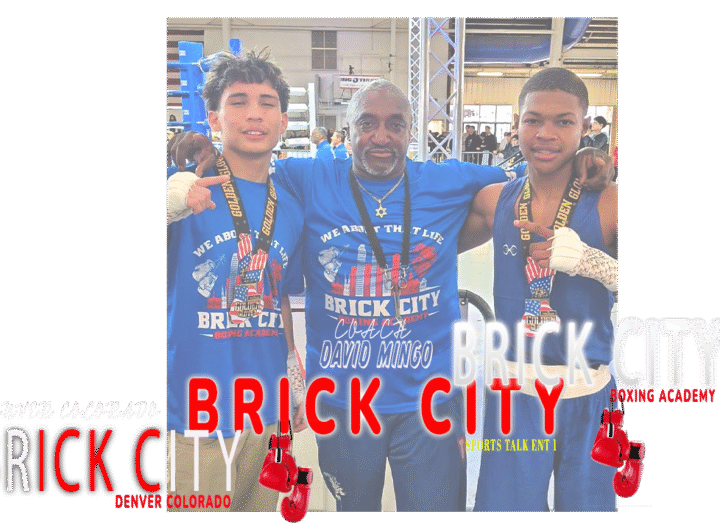 David Mingo: A Denver Boxing Legend and Community Pillar
David Mingo: A Denver Boxing Legend and Community Pillar 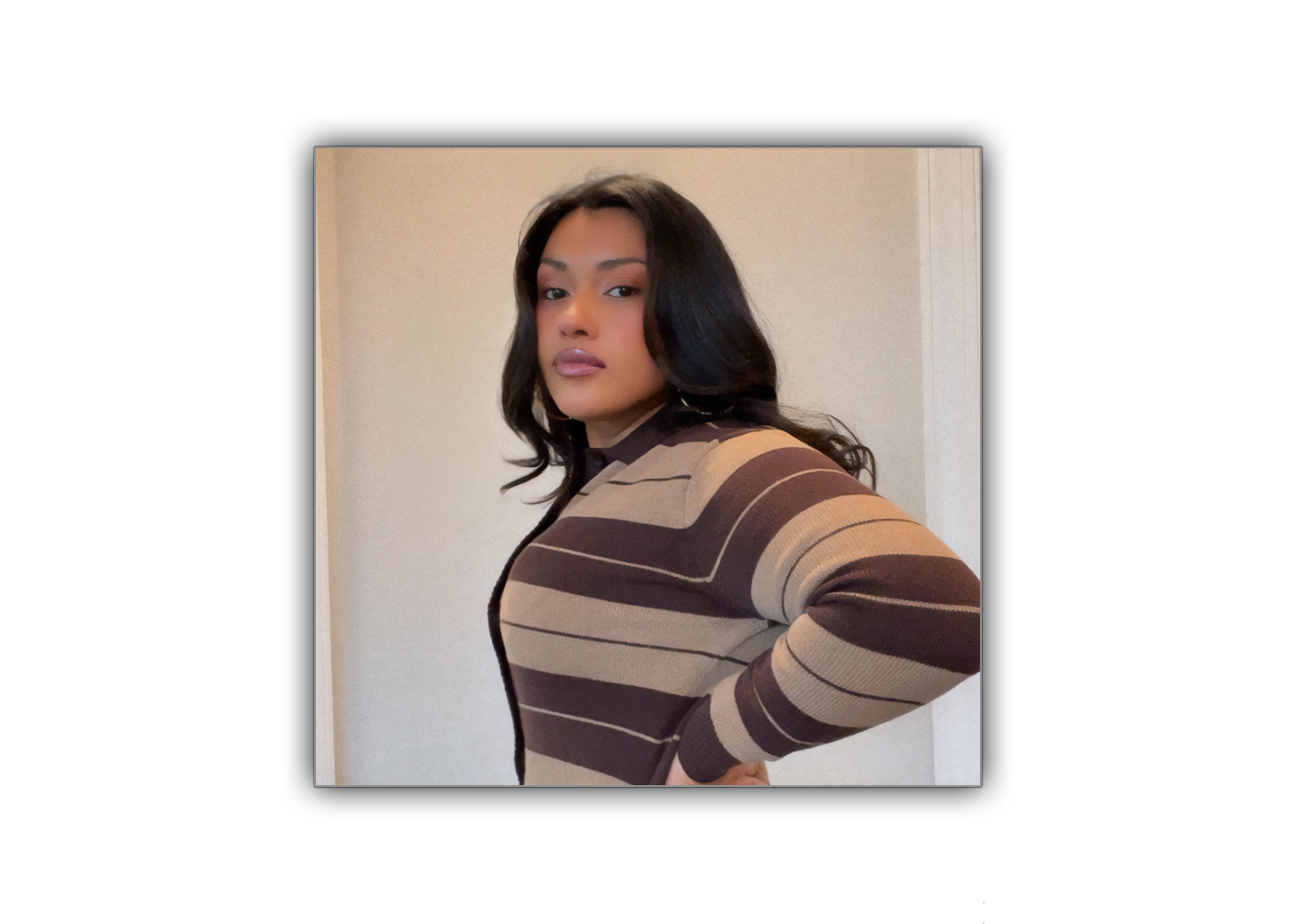 Sofia Llamas: A Force for Good in Colorado – Igniting Hope and Empowering Communities
Sofia Llamas: A Force for Good in Colorado – Igniting Hope and Empowering Communities  Trump administration offers to pay plane tickets, give stipend to self-deporting immigrants
Trump administration offers to pay plane tickets, give stipend to self-deporting immigrants